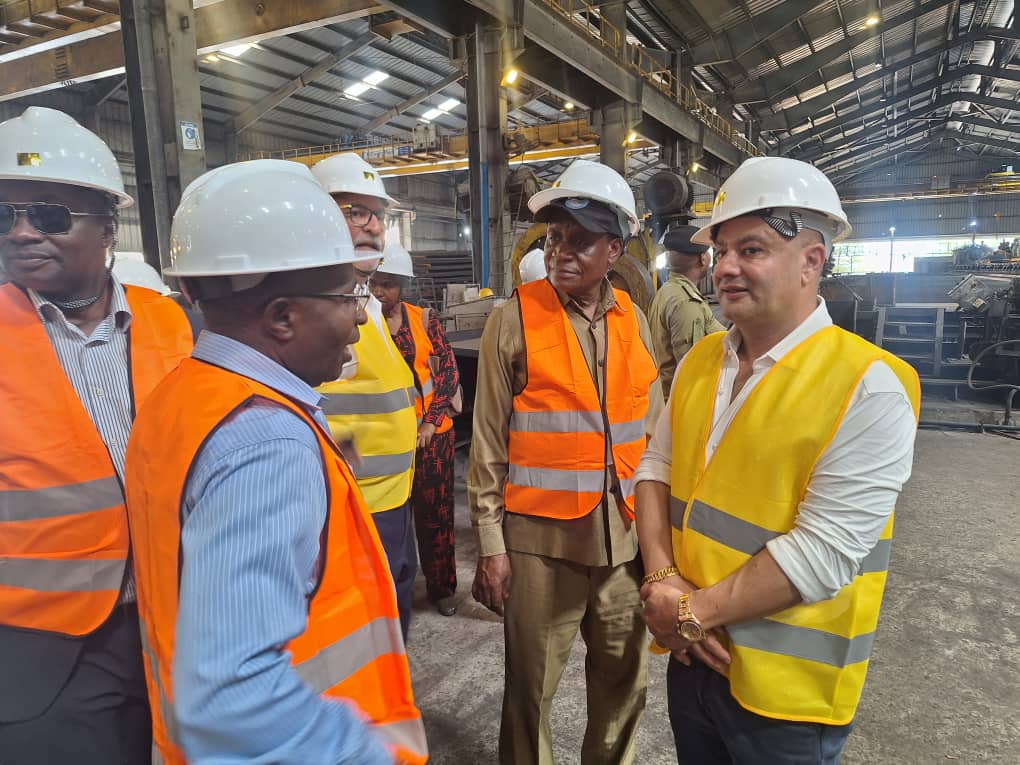Govt, MPs Vow to Protect Local Industries

DAR ES SALAAM: MEMBERS of the Parliamentary Standing Committee on Industry, Trade, Agriculture, and Livestock, accompanied by Deputy Minister for Industry and Trade, Exaud Kigahe, visited Lodhia Industries in Mkuranga, Coast Region, to assess the management of local industries and discuss measures to protect domestic manufacturers.
Exaud Kigahe Deputy Minister for Industry and Trade emphasized the government’s commitment to ensuring high production standards, particularly in steel, roofing sheets, and plastic products, to facilitate market access for Tanzanian goods internationally.
He noted that technology plays a crucial role in environmental protection and improving product quality.
“We have come with regulatory bodies, including the Weights and Measures Agency, (TBS) to ensure that our industries are protected from unfair competition and substandard imports,” Kigahe stated.
He added that the ministry would continue supporting local manufacturers to maintain competitiveness and fairness in the market.

On energy supply, the deputy minister acknowledged past challenges of unreliable electricity but highlighted the government’s ongoing efforts to improve power generation through gas and the Julius Nyerere Hydropower Project.
ALSO READ: Kilombero Sugar strengthens ties with local stakeholders at 2025 summit
Deodatus Mwanyika, Chairperson of the Parliamentary Standing Committee, underscored the need for more industries in Tanzania. He stressed that existing industries must be protected to ensure profitability.
“One of our key recommendations to the government is to increase the number of industries and create a fair competitive environment for investors. We urge regulators to enhance quality control measures and encourage Tanzanians to prioritize high-quality products over cheap, substandard alternatives,” Mwanyika said.
Lodhia Industries Chairman welcomed the visit, citing challenges such as the influx of substandard roofing sheets from foreign markets and unreliable electricity supply. He called for stricter penalties for manufacturers who violate quality standards, suggesting that fines should start from 200bn/- or result in factory closures.
The visit highlighted the government’s resolve to strengthen industrial competitiveness and ensure compliance with product quality regulations to support economic growth.





